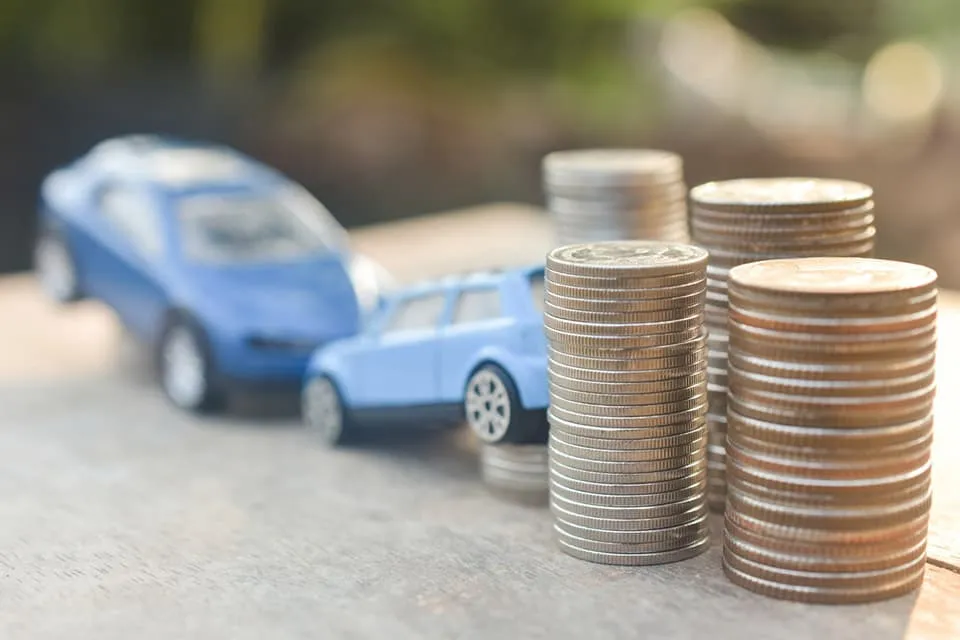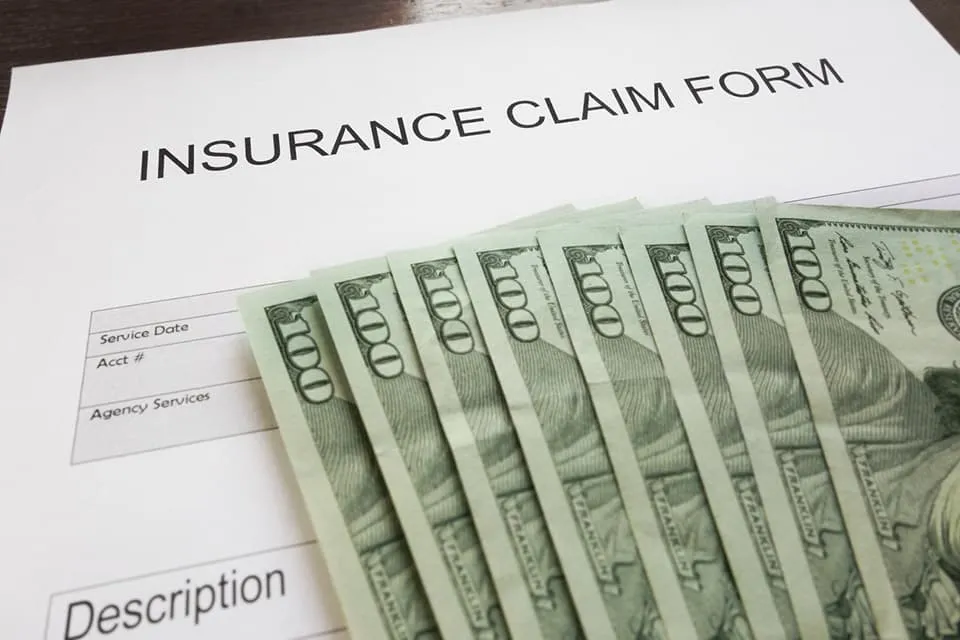What Does Deductible Mean in Car Insurance?

Not all car insurance policies are the same, and despite what you may think, your insurance won't always cover the full damages from an accident. In many cases, your insurance is only responsible for a portion of the associated costs; covering the remainder is your responsibility in the form of a car insurance deductible.
What is a Deductible in Car Insurance?
An insurance deductible is the total out-of-pocket cost you make towards a covered claim.
Basically, a car insurance deductible is the amount you will personally cover before your insurance company takes over the financial responsibility. If your deductible is low, your rates will be high; if your deductible is high, your rates will be low. These payments aren't to be confused with health insurance deductibles, which must be met annually. Car insurance deductibles are only paid when you make a claim, with the deductible amount determined by your insurer and policy.
How Does a Deductible Work for Car Insurance?
If you get in an accident or collision and file a claim with your car insurance company, they will cover all damages beyond your auto insurance deductible. So if your deductible is $600, and the total cost of your repairs is $4000, your insurance company will cover $3400 of the repair cost if your claim is approved. If the cost of your damages is below your deductible amount, then you will have to cover the repairs on your own without assistance from your insurer.
Car insurance deductibles are usually a part of the two most common insurance plans: comprehensive and collision. A comprehensive plan can cover damage from non-accident events like extreme weather, vandalism, theft, and animals, while collision coverage is specifically for damage related to a collision or accident. In either case, the total amount of your auto insurance deductible will vary. You will have the opportunity to choose your deductible, so find a plan that best fits your budget. If you select a policy with a higher deductible, you'll usually pay less in premiums. While beneficial if damage occurs, plans with a lower deductible will often mean that your monthly payments will be significantly higher.
When Do You Pay the Deductible for Car Insurance?

Unlike the monthly payments you'll make to keep your policy, you'll only pay your car insurance deductible when you make a claim. If your damage is worth less than your deductible, there is no need to file a claim. You also won't need to file a claim if you are at fault in an accident; in that case, your liability insurance will cover the cost of the other driver's damages. Unfortunately, this will almost certainly raise your insurance premiums and can also increase the size of your deductible.
Frequently Asked Questions about Car Insurance Deductibles
Is Car Insurance Tax Deductible?
Car insurance can be tax deductible in certain situations. You can usually deduct the cost of car insurance from your taxes if you are:
- Self-employed
- An armed forces reservist (as long as you are required to travel up to 100 miles away from your home)
- Fee-basis local or state government officials
- Performing articles (that meet a state-specific set of criteria)
Those that are self-employed can also deduct many other aspects of car ownership from their taxes, including repairs, gas, maintenance costs, depreciation, lease payments, registration and licensing fees, and any costs related to parking or garaging.
Do I Pay a Deductible if I'm Not at Fault?
If the other driver is found at fault in an accident, you will usually not have to pay your car insurance deductible. You will file a claim against the at-fault driver and wait for the car insurance company to conduct their investigation. Finding who is at fault in an accident can take time, so you may have to file a claim, get your car repaired, then get a refund from your insurance company later.
When Do You Pay Car Insurance Deductible?
Car insurance deductibles are paid after an accident occurs, but before your insurance company covers any damages. So if your deductible is $400, but the total damages are $4000, you will need to pay that $400 before your insurance company pays the final $3600. You will also have to wait until your insurer approves the claim before you receive any payment. How much of a deductible you can afford depends on the other expenses related to your vehicle, like your lease or loan payments. You can calculate these payments ahead of time with a lease and loan calculator, like the free tool available from GoodCar.
Is a $500 Deductible Good for Car Insurance?
$500 is the average car insurance deductible, but whether it's good for you depends on your budget, vehicle, and car usage. $500 is a good number for those who want affordable monthly premiums or if the vehicle you are driving doesn't have a high value. Having too high of a deductible for a low-value car can be risky, as your out-of-pocket costs in the case of an accident may be close to the vehicle's total value.
Is it Better to Have a High or Low Deductible for Car Insurance?
If your car does not have a high value, it's better to have a lower deductible. An insurer will often only cover the difference between your car insurance deductible and the value of your car in the case of damage. So if your car is worth $2000 and your deductible is $1000, an insurer will only cover $1000. On the other hand, a high deductible does often translate to lower monthly premiums.
Can I Avoid Paying My Car Insurance Deductible?
If you want your insurance company to cover their part of the damage cost after an accident, you will need to pay your car insurance deductible. If you don't have enough money to cover the deductible, and want to avoid paying that amount, you can choose not to file a claim. This is usually the better option if the damage to your vehicle does not affect its ability to drive; this is the case if the collision only affected your car cosmetically. You may also want to check your insurance policy to see if you have to pay the auto insurance deductible upfront. If you don't, you may have time to save up the money before you have to pay.
FREE Vehicle Search
- Accidents
- Problem Checks
- Title Records
- Recalls
- Values
- Specs
-
InfoPay, Inc. (dba GoodCar) is an Approved NMVTIS Data Provider
-
-































